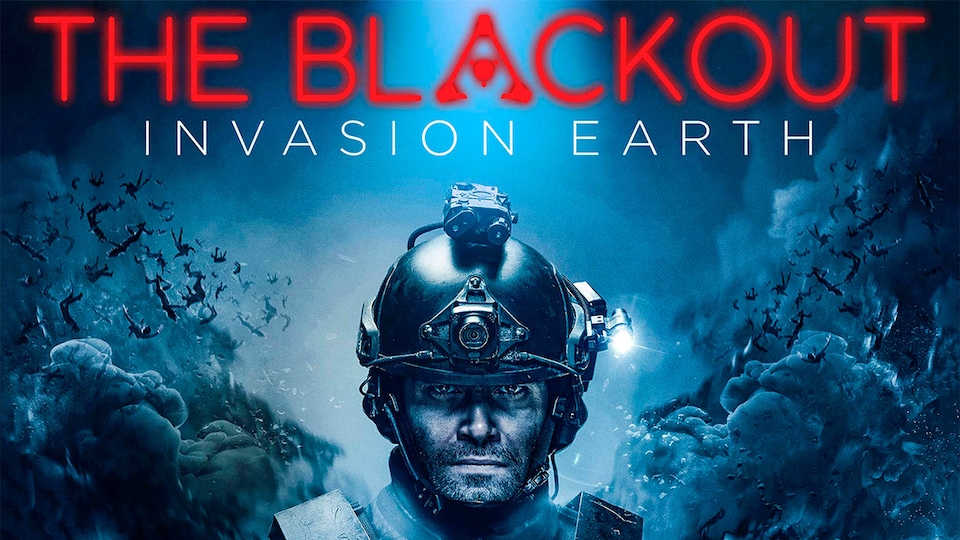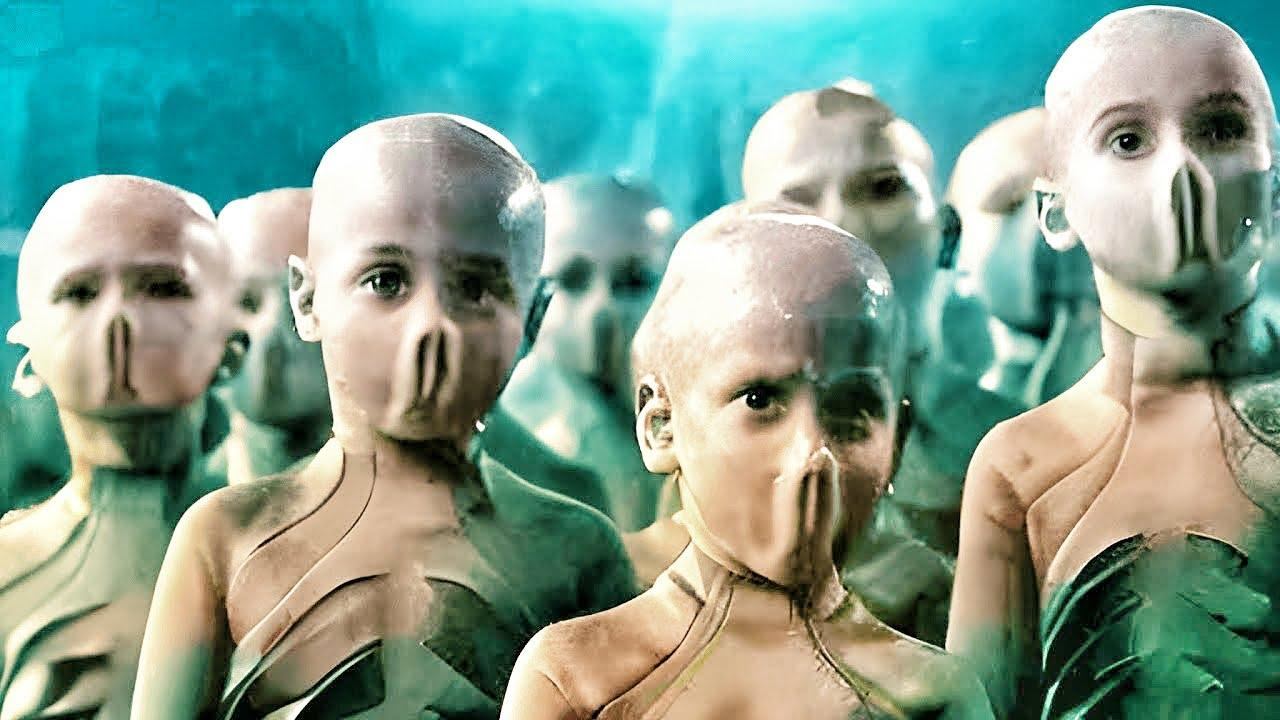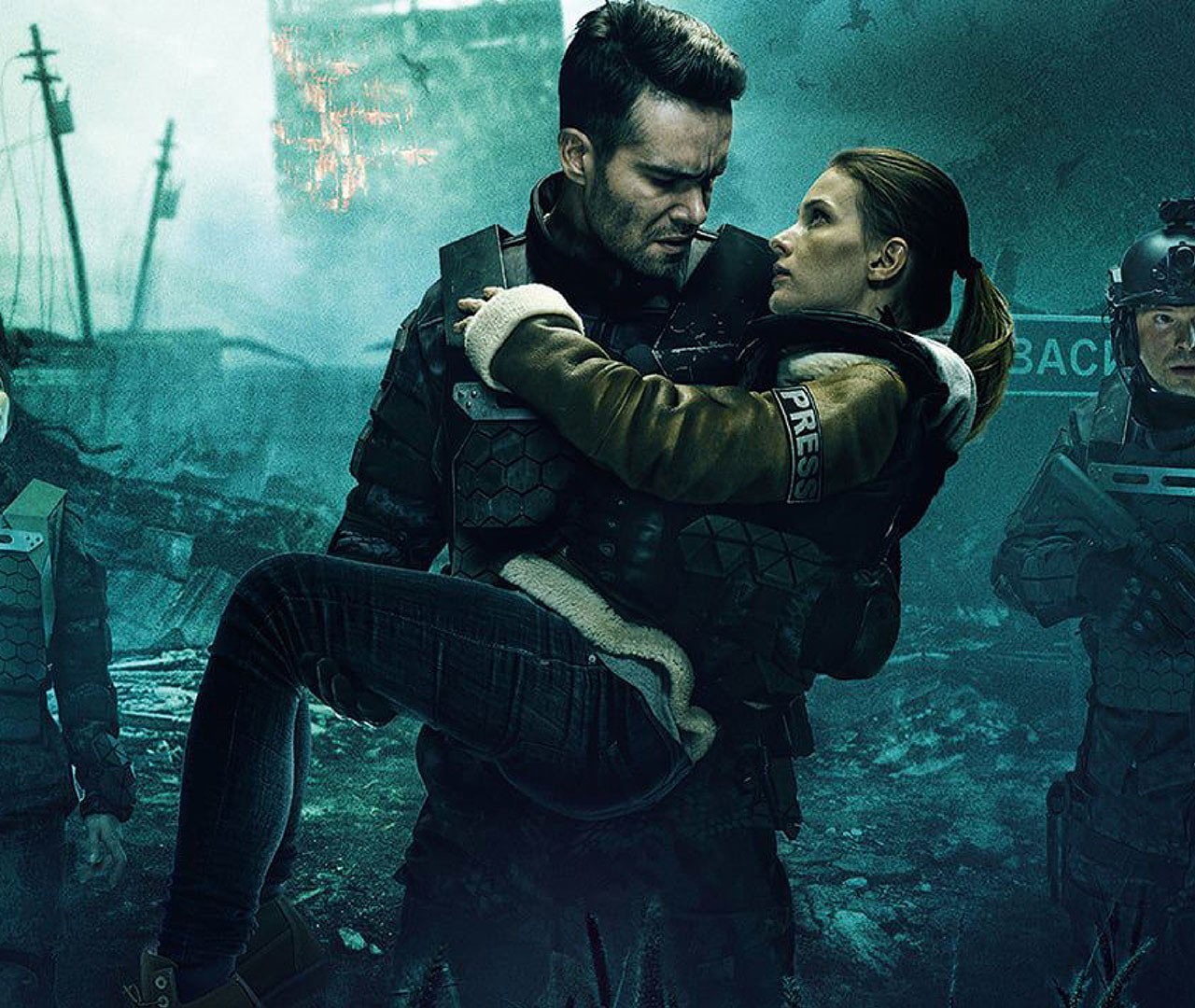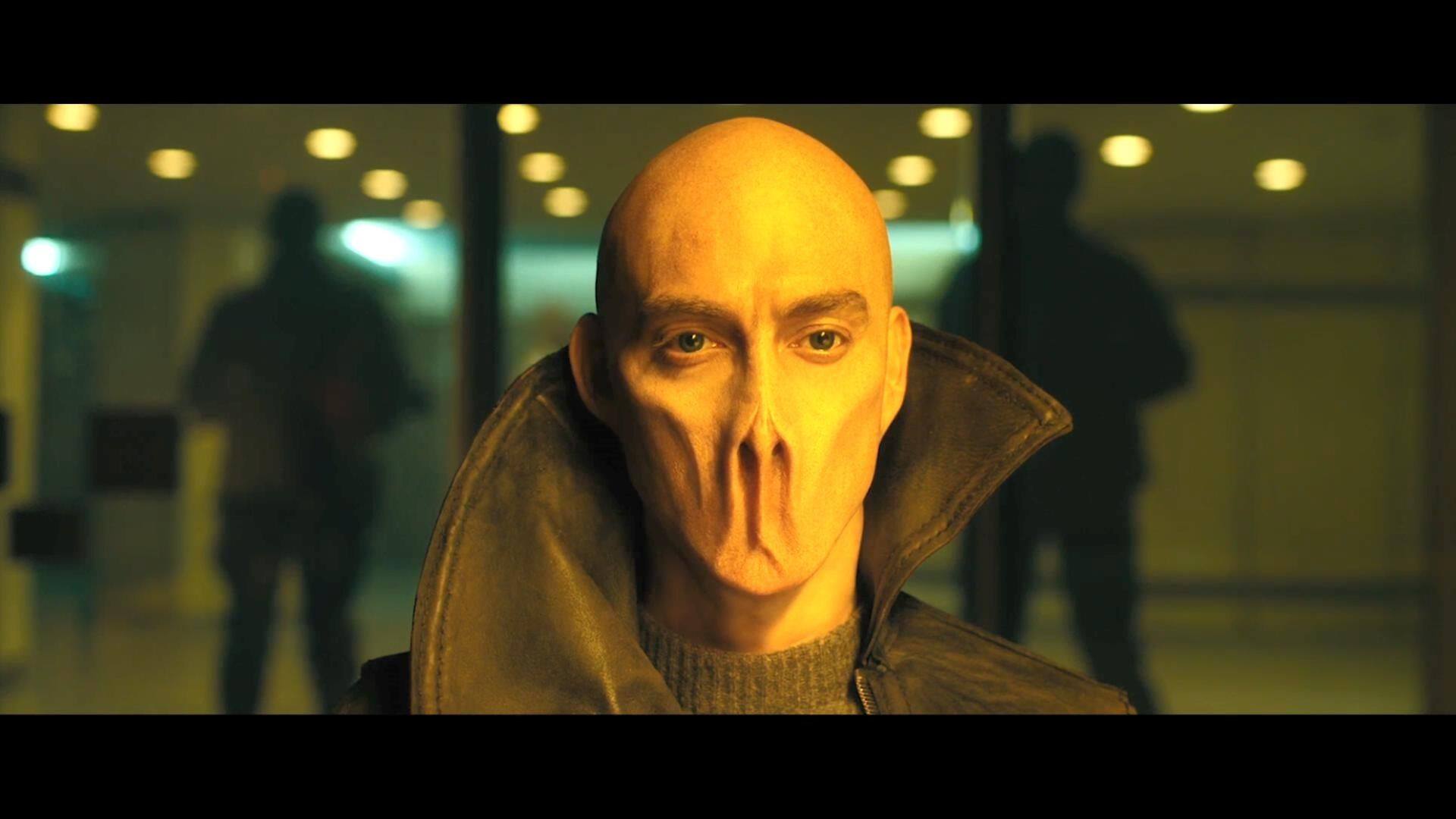The Blackout (2019)

“The Blackout,” directed by Egor Baranov and released in 2019, is a Russian science fiction action thriller that delves into themes of survival, mystery, and the human condition in the face of an apocalyptic scenario. With its gripping narrative, intense action sequences, and thought-provoking premise, the film offers a fresh perspective on the genre while also reflecting on societal issues. Premiering at the Cinequest Film & Creativity Festival on March 15, 2019, and later released in Russia on November 21, 2019, “The Blackout” has garnered attention for its ambitious storytelling and visual execution.
The plot of “The Blackout” is set in a dystopian future where a mysterious blackout has plunged the Earth into chaos. As communication systems fail and society begins to unravel, the film follows the journey of its protagonist, a soldier named Alex (played by Pyotr Fyodorov). Alex wakes up in a desolate city to discover that he is among a small group of survivors who must navigate the dangers of a world that has descended into anarchy. The film’s premise effectively sets the stage for a thrilling exploration of survival instincts and the complexities of human nature when faced with existential threats.
Egor Baranov’s direction is instrumental in crafting a tense and immersive atmosphere. He adeptly balances action with character development, ensuring that viewers remain engaged with the story and its characters. The cinematography captures the eerie desolation of the world post-blackout, utilizing a muted color palette that reinforces the film’s grim tone. Baranov’s ability to convey the desolation and uncertainty of the characters’ environment heightens the emotional stakes and keeps audiences on edge.
Pyotr Fyodorov delivers a compelling performance as Alex, embodying the character’s struggles and resilience throughout the film. His portrayal reflects a man grappling with loss and the need to protect those he cares about. As the narrative unfolds, Alex evolves from a soldier tasked with orders to a leader who must confront moral dilemmas in a world stripped of civilization. Fyodorov’s nuanced performance adds depth to the character, allowing viewers to empathize with his plight.
The supporting cast also contributes significantly to the film’s emotional weight. The characters that Alex encounters—each representing different facets of humanity—serve to highlight the complexities of survival in a chaotic world. From the vulnerable to the ruthless, these interactions illuminate the choices individuals must make when faced with dire circumstances. The dynamics between characters are explored with a keen understanding of human psychology, showcasing how fear and desperation can drive people to both noble and horrific actions.

One of the film’s most intriguing aspects is its exploration of the unknown. The blackout serves as a catalyst for examining societal breakdown and the fragility of human civilization. As the characters grapple with the collapse of their world, they are forced to confront their beliefs, relationships, and the very essence of what it means to be human. The film poses critical questions about morality, loyalty, and the instinct for self-preservation, prompting viewers to reflect on their own responses to crisis.
The action sequences in “The Blackout” are well-crafted, blending suspense with adrenaline-pumping moments. Baranov’s direction ensures that these scenes serve the narrative rather than overshadow it. The choreography is engaging, and the tension is palpable, making for a thrilling viewing experience. Whether it’s skirmishes with hostile survivors or the struggle against environmental threats, each action scene is strategically placed to advance the plot while maintaining a sense of urgency.

Musically, the score enhances the film’s atmosphere, creating an auditory landscape that complements the visual elements. The sound design is meticulously crafted, amplifying the tension in key moments and drawing viewers deeper into the characters’ experiences. The music accentuates the emotional beats of the story, from moments of despair to flashes of hope, reinforcing the film’s thematic resonance.
As the narrative progresses, “The Blackout” evolves into a philosophical meditation on humanity’s resilience in the face of catastrophe. It examines not only the physical challenges of survival but also the psychological toll that such a situation can exact. The characters are forced to confront their fears and insecurities, leading to moments of introspection that add depth to the action-driven plot. The film ultimately becomes a reflection on what it means to endure and to retain one’s humanity when everything else is stripped away.

In conclusion, “The Blackout” stands out as a thought-provoking entry in the science fiction and action genres. Through its compelling characters, intense narrative, and exploration of existential themes, the film captivates audiences and encourages reflection on the fragility of society and the complexities of human nature. Egor Baranov’s direction and Pyotr Fyodorov’s powerful performance elevate the film, making it a significant contribution to contemporary Russian cinema. As viewers are drawn into this dystopian world, they are left with lingering questions about survival, morality, and the enduring strength of the human spirit in the face of overwhelming odds. “The Blackout” is not just a thrilling ride; it is a poignant exploration of what it means to be human in an uncertain world.











